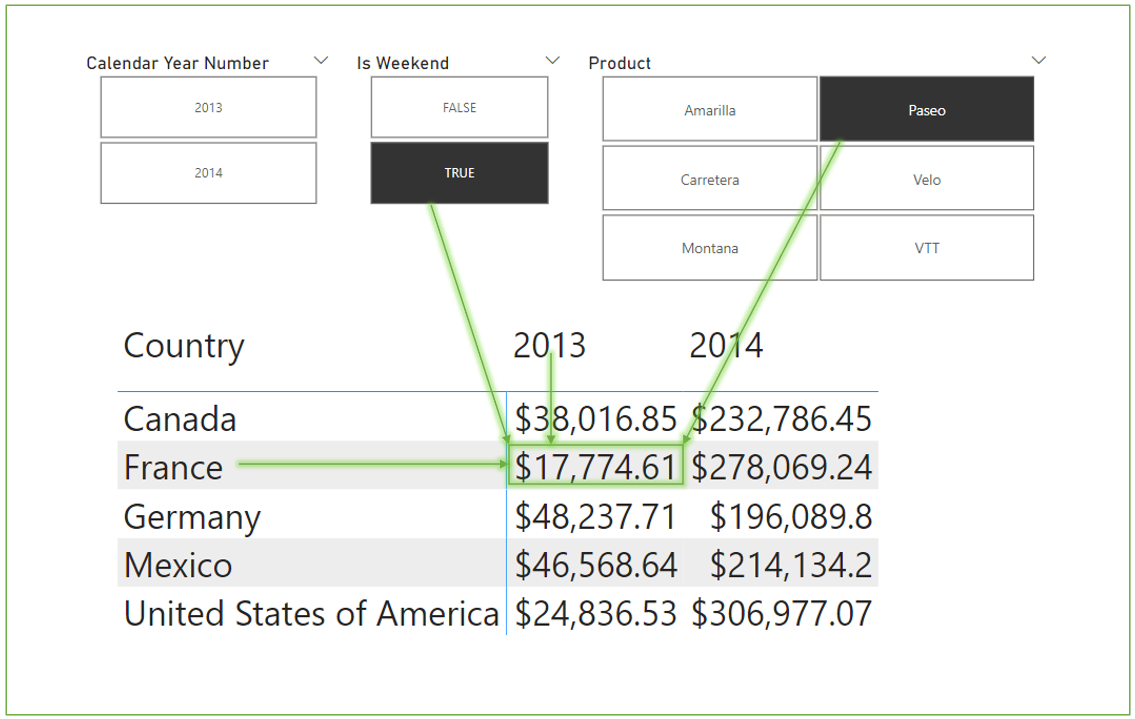
DAX measure basics in Power BI or Excel data model
I decided to share my tips for learning DAX. 1. Learn about filter context; 2. use variables to debug measures, and 3. understand how CALCULATE works. At the end, I link two of my blog posts: one which applies the concepts of coordinates and values to the different visualizations available in Power; the other is how to troubleshoot the trickiest visual of them all: the table visual.

Analyzing dirty data (literature): narrators in Ernest J. Gaines’s story “Just Like a Tree”; also Power BI on-object formatting
On my About page, I claim that “I studied English Literature because it’s fun to find patterns in the unstructured data of a 1,000-page novel.” Nobody ever challenges me on this statement, so I thought I would give an example from my college years. I first read the short story, “Just Like a Tree,” when I was in community college.

Power Query: fix your data warehouse date table blues with these tips
Date table doldrums: I love getting date tables from data warehouses. I don’t love manually setting data types, renaming columns, and turning off default summarization for these columns. In this post, I use the ribbon and buttons for doing most of these things, and I use some custom M when needed to speed things up.
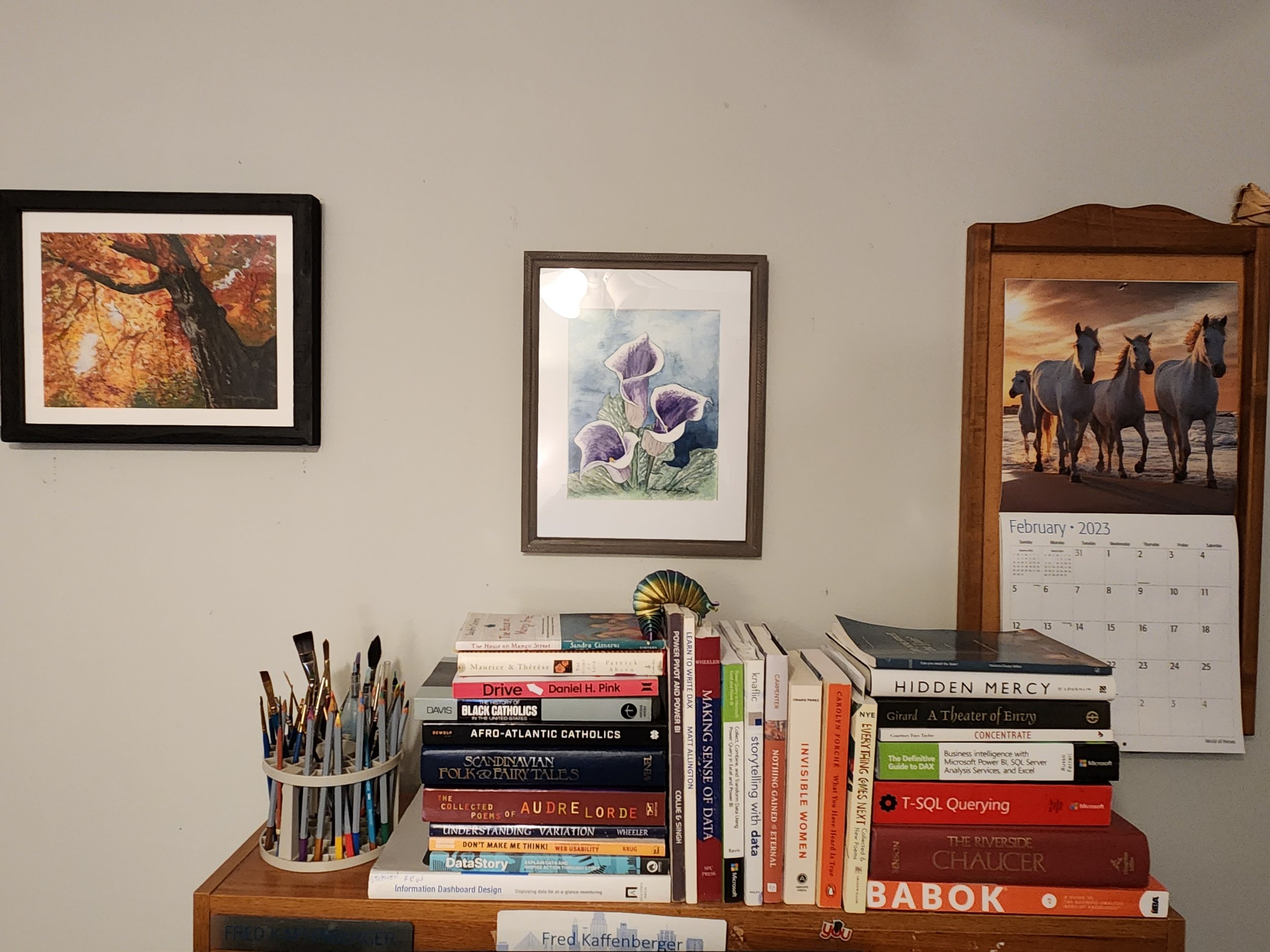
Filter by Excel or SharePoint list to make the server do the work in Power BI Desktop
Filter by List in Power BI Desktop instead of merge to keep query folding on. Step-by-step instructions. Contains link to sample file.

Revival of the humanities
What a week it’s been for me! I feel like maybe, after the arrival of Covid and the previous crises of the Internetification of all the things, humanities are reviving, and continuing to humanitize. As Huey Lewis once sang, “the oboe may be barely breathing but the heart of rock ‘n’ roll is still beating.”
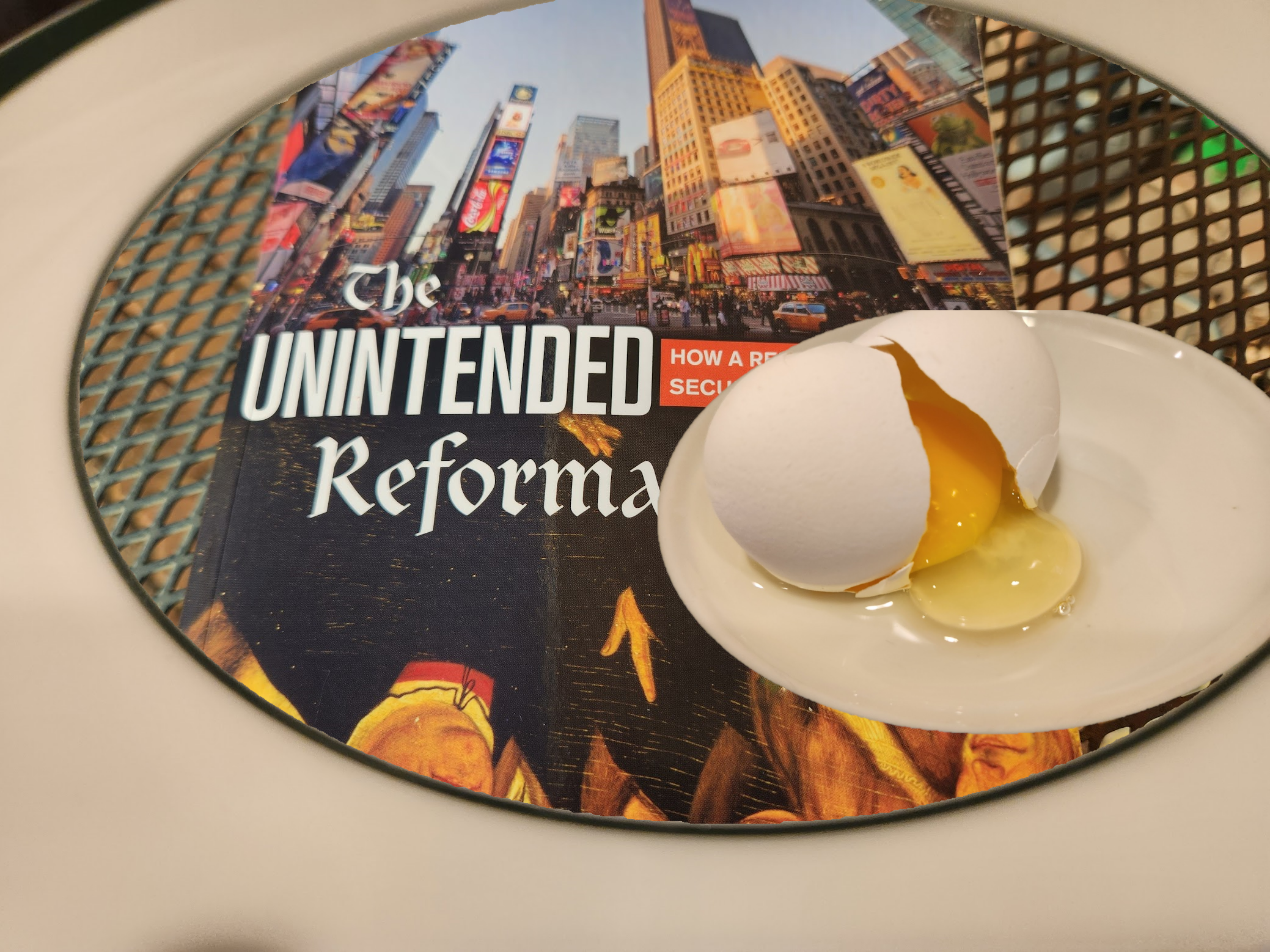
Review: Unintended Reformation by Brad S. Gregory
I’m done. I got through Unintended Reformation’s Chapter on morality, read a bit of chapter 5 on economics, and then (this time through) I skipped to the conclusion. For me, this book reads pretty quickly— Gregory’s urgency drives me on. It’s well-organized so you can see where the author is going next. The complexity of the writing is well suited to the intended audience: academics.

Luigi Giussani and apologetics, a personal reflection
In his book, A History of Apologetics (published in 2018), Avery Dulles describes Luigi Giussani’s per corso trilogy as follows:
”For a highly pastoral work reflecting the classical three-stage approach, one may consult Luigi Giussani's trilogy: The Religious Sense, At the Origin of the Christian Claim, and Why the Church? Departing from the scientific methods of metaphysics and history, Giussani uses an experiential and phenomenological approach reminiscent of Augustine and Pascal.”

Reading in progress: Chapter 1 & 2 of Unintended Reformation by Brad S. Gregory
Wow, this book is flying by! I attribute this to having read the book a few years back, but also to having a better sense of the figures and ideas. The one thing that accompanies me as I read is T. S. Eliot’s question in Choruses from “The Rock”: “Has the Church failed mankind, or has mankind failed the Church?” […] I imagine two types of superficial reader of this book: 1. Catholics, who would see it as a confirmation of their position and therefore with no need to change anything, and 2. everybody else, who would see it as best as an account of how things came to be without any hope of resolving our current issues.
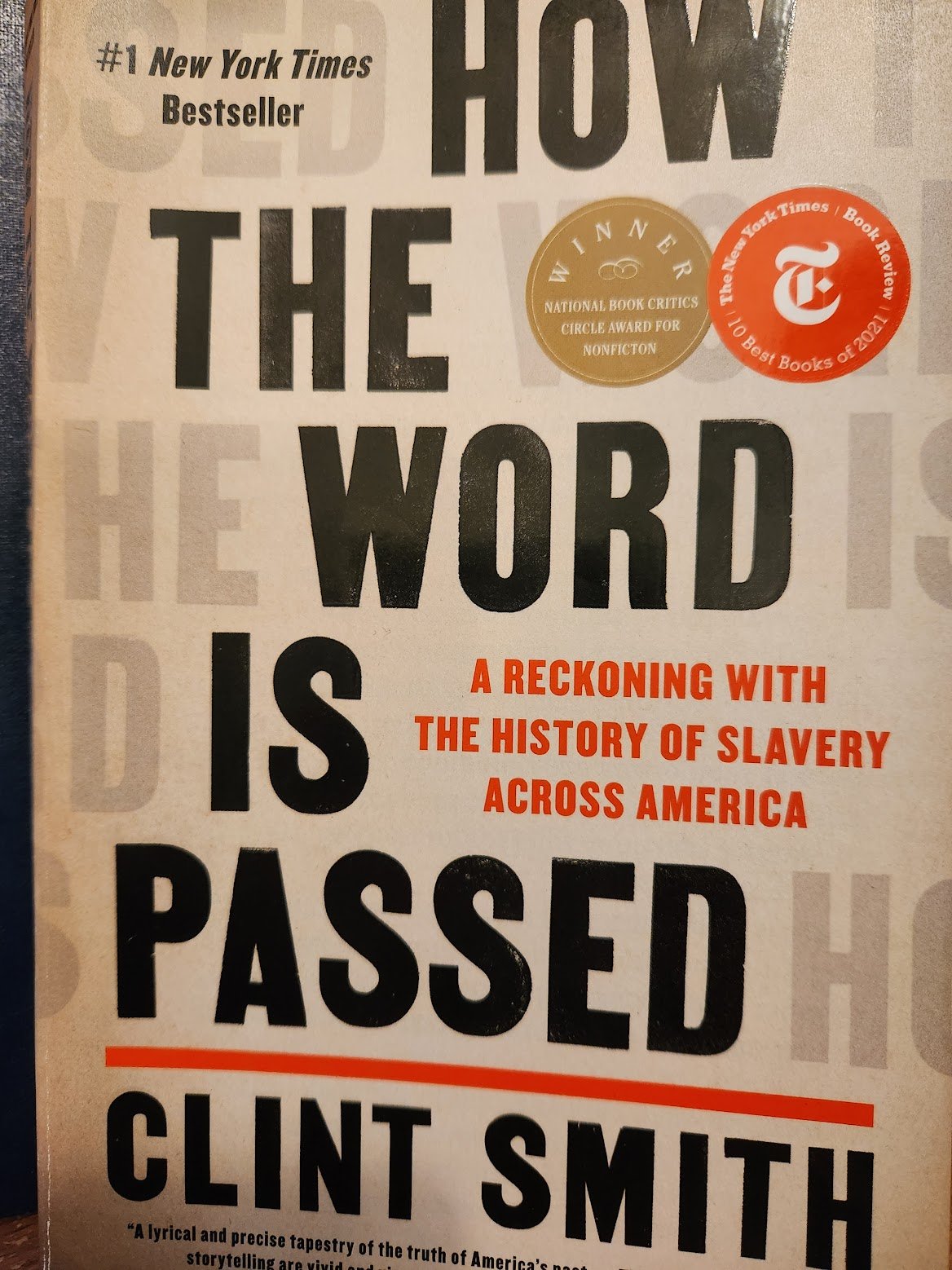
Review: How the Word Is Passed: A Reckoning with the History of Slavery Across America by Clint Smith
When I was about 21, I visited Harper’s Ferry, West Virginia. I was working with L’Arche, DC, at the time and was encouraged to take a weekend off, away from the community. I asked around and someone suggested that that Harper’s Ferry would be a good place to visit. I packed a bag and caught a train down for the weekend. The train arrives in the town through a mountain tunnel and a bridge which crosses over the Potomac river, which comes together with the Shenandoah river at the town.

Reading in progress: Introduction to Unintended Reformation by Brad S. Gregory
As I grapple with history, I feel the need to get a broader perspective. I am returning to a book I read a few years ago to help myself with this broader perspective. The book is Brad S. Gregory’s The Unintended Reformation: How a Religious Revolution Secularized Society. I originally read this book because it was recommended by Michael Sean Winters, a nuanced thinker. I borrowed it from a library when I first read it but decided to buy it to read it again. What I love most about this book is its goal of exploring and understanding what happened, and not merely to push answers.
Faithfulness to my own history
I pulled these sections from a longer post because they are a positive expression of my background with social justice issues as a Catholic.

Communion & Liberation’s 1968 and my own history
Just as the integralists have the French Revolution of 1789 as their historical symbol, so too does CL take 1968 as a symbolic watershed. Although I participated in CL for 20 years, my own history was not wounded as Giussani was by a rejection of history or a felt need to distance from social Catholicism.
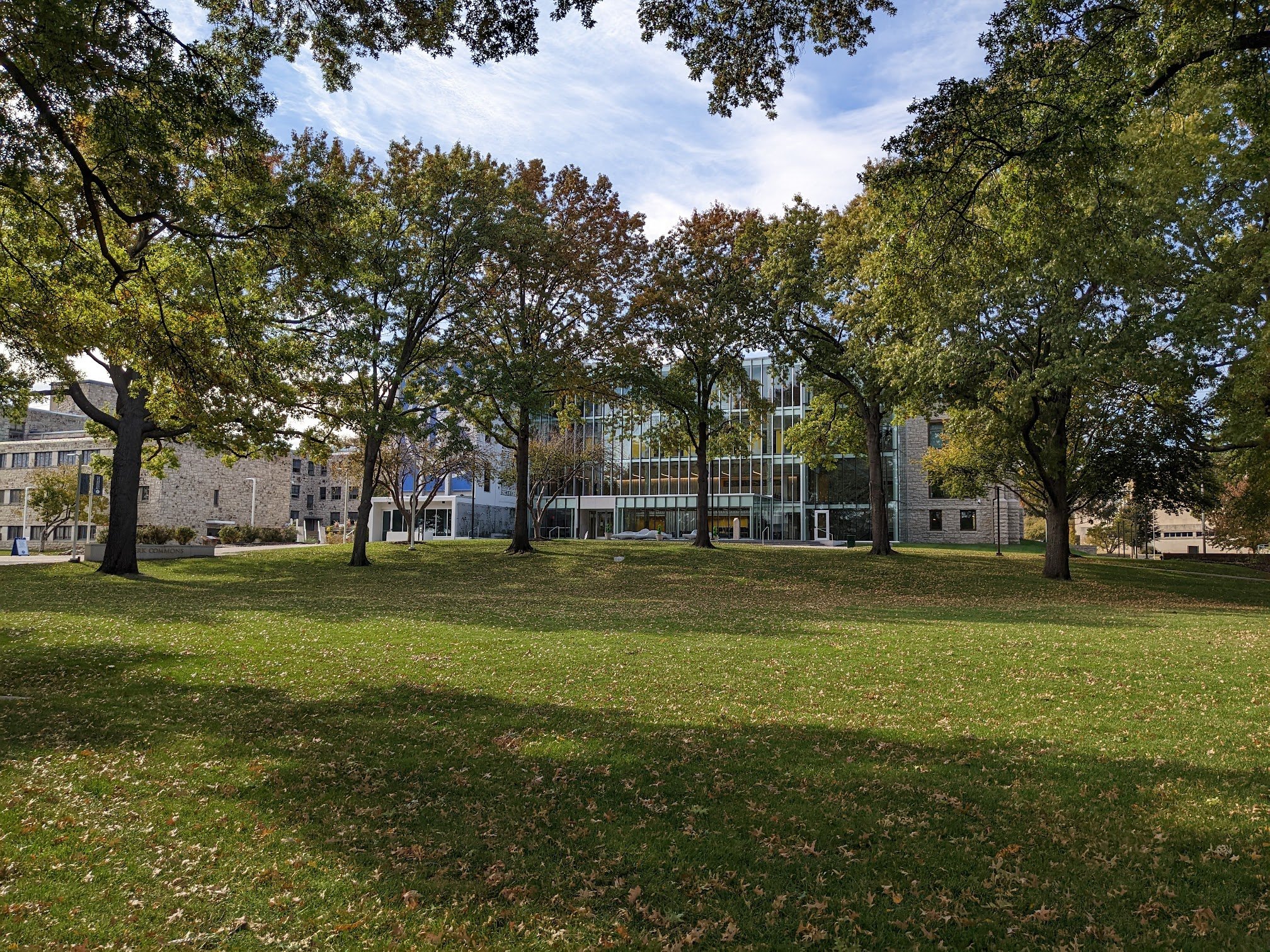
The human heart, neurodiversity (ADHD), and desire
Aristotle expressed the fundamental human desire as a desire for happiness, and others have expressed it differently over the years. It occurred to me that whether a person is interest-driven [ADHD] or importance-driven [neurotypical] can impact their relationship with this core desire.

ADHD: beyond success and normality
Besides picking up a recommendation to read Mary Robinson, I also learned the word cripistemology. Apparently, cripistemology comes from disability studies and is a portmanteau coining of “crip” and “epistemology.” [ADHD rabbit hole]
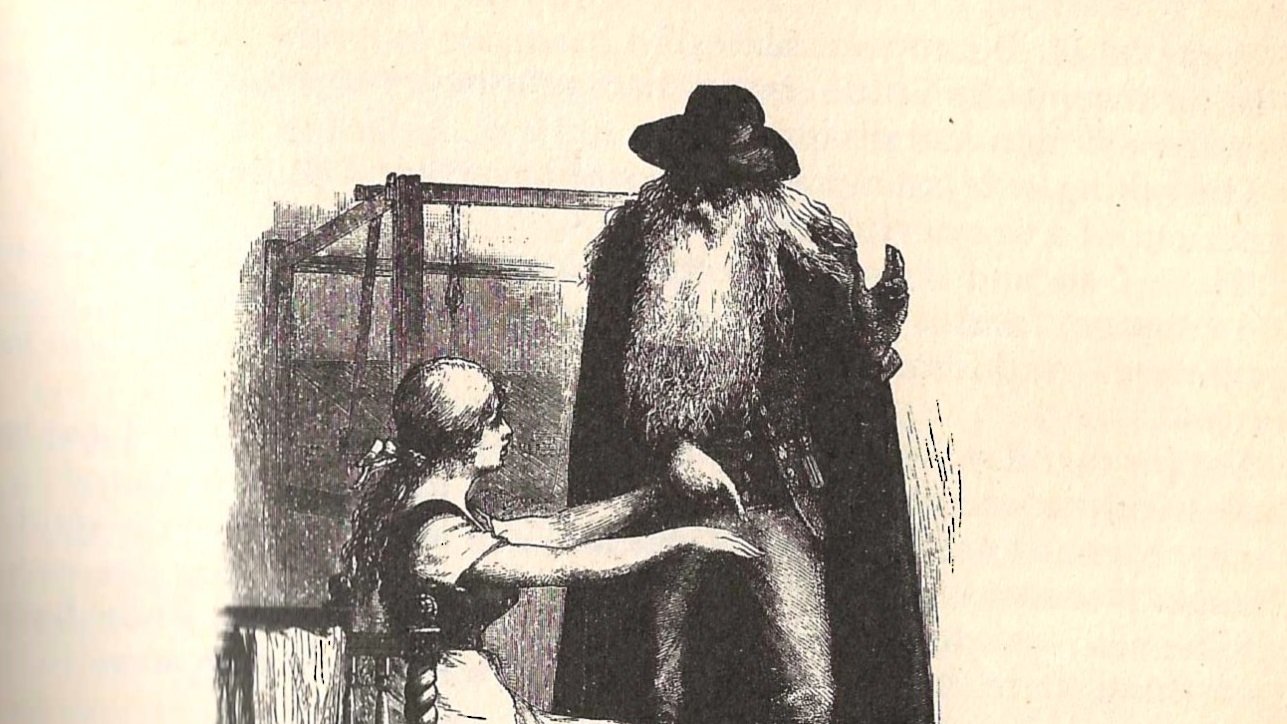
Urgency, necessity, and the fairy tale of ‘The Ten Fairy Servants’: an ADHD story
As I look back on my life from the perspective of a late-life ADHD diagnosis, certain experiences stand out. One of these experiences is the eureka I felt when reading the Scandinavian fairy tale, “The Ten Fairy Servants” […] When I first read this story, I saw it as expressing the surprising feeling of finding something easier to do when I learn that it is urgent or necessary.

Luigi Giussani and Integralism
TL;DR: Was Giussani an integralist? Mostly not. Giussani embraced democracy and pluralism. He did, however, see unified Christians as fundamental to a flourishing democracy, rejected relativism, and did not seem to share the repugnance for integralism that Hans Urs von Balthasar had.

A Personal View of the ICNUP Framework for ADHD
One of the things I’ve come across recently is Dr. William Dodson’s ICNUP Framework (see part 1 of this video called The Interest Based Nervous System). In this video, Dr. Dodson says that “Boredom and lack of engagement is almost physically painful to people with an ADHD nervous system.”

Reading Challenges of an English Major with ADHD
In a previous post, I wrote that “What I was told as a child was that ADHD caused a deficiency in attention, but in reality my attention follows my interest.” This is mostly true, but it conceals the fact that interests which are too taxing can become less interesting to me.

A 45-year Hiatus in ADHD: from Screening to Adult Diagnosis
When I was in 5th grade [1977-1978], I took a screening test for ADHD. The screening consisted in listening to a tape of a story with tones or beats in the background. The instruction was to keep track of how many beats were heard. […] If I recall correctly, the story was a pointless story about a monkey and maybe a tree. …
